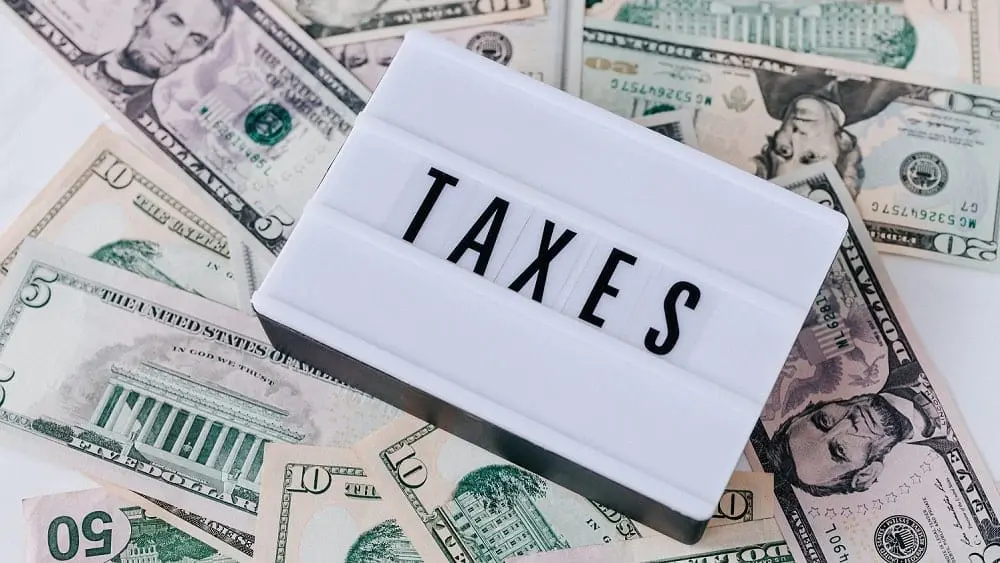
Homeowners were among the winners when the president signed the federal budget deal on Feb. 9.
Under the bill, many tax benefits thought to have gone away for good were revived, but only for the 2017 tax year. However, their temporary resurrection gives them at least a fighting chance of being made permanent or at least extended for 2018 and several years beyond.
Besides the extension of the flood insurance program, the Bipartisan Budget Act of 2018 included these provisions:
Mortgage Debt Forgiveness
This will prevent financially strapped homeowners who are forced to sell their homes through a short-sale, or who are facing foreclosure, from being taxed on the so-called “phantom income” they receive when a lender cancels their debt in lieu of foreclosure.
Under this provision, homeowners who pay for mortgage insurance as part of their home loans can deduct the premiums. According to National Association of Realtors’ estimates, some two million buyers a year purchase a house using private mortgage insurance (PMI).
PMI is usually required when a buyer’s down payment is less than 20 percent of the purchase price. The buyer pays the insurance, but the insurance protects lenders in case the buyer doesn’t make his payments.
First available in 2007, the MI tax write-off was allowed to lapse at the end of 2016. In 2015, according to Lindsey Johnson, president of the U.S. Mortgage Insurance (USMI) trade group, 4.1 million taxpayers benefitted from the deduction — with an average write-off of $1,528.
The deduction is available to homeowners with MI who have an adjusted gross income under $100,000 and phases-out for adjusted gross incomes up to $110,000. USMI data show that more than half of purchase loans MI go to first-time buyers and more than 40 percent of borrowers with MI have incomes below $75,000.
Energy Efficiency
On new homes only, a tax credit of $1,000 to $2,000 is extended for the construction and sale of qualified energy-efficient houses.
Again, these provisions now apply for just the 2017 tax year. So, keep your fingers crossed.

Lew Sichelman is a nationally syndicated housing and real estate columnist. He has covered the real estate beat for more than 50 years.
 The Benefits of a Properly Insulated New Home Garage
The Benefits of a Properly Insulated New Home Garage